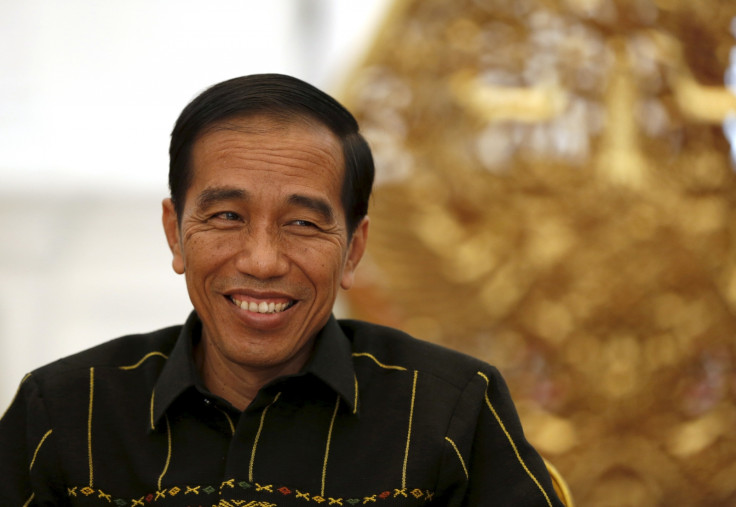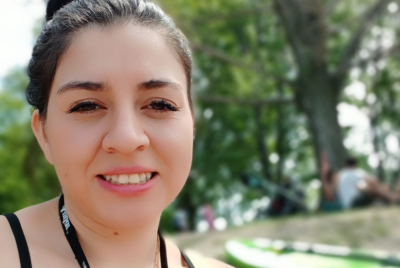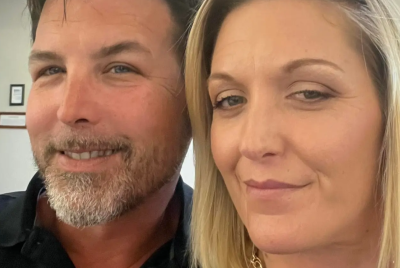Indonesia: Paedophiles can now be chemically castrated or executed after parliament adopts new law
New law was proposed by President Joko Widodo after gang rape and murder of a 14-year-old girl
Convicted paedophiles in Indonesia could now face chemical castration or execution after a new law was passed following the gang rape of a 14-year-old. The Indonesian parliament passed the controversial new laws, which include minimum sentences, on Wednesday 12 October.
During a heated debate in the Indonesian Dewan Perwakilan Rakyat (House of Representatives) two opposition parties objected to chemical castration as a punishment. The Indonesian Doctors Association, also said that administering drugs causing chemical castration would violate their members' professional ethics, adding that they should not take part.
The punishment is meted out to sex offenders in Russia, Poland, South Korea, and in some US states. In the UK prisoners can volunteer to have the procedure which aims, by injecting female hormones, to reduce libido and sexual activity.
The law was proposed by President Joko Widodo in May following the gang rape and murder of a 14-year-old girl. The girl was allegedly set upon on her way home from school by a drunk gang of men and boys on the main western island of Sumatra.
The Indonesian Democratic Party of Struggle (PDI-P) politician called for new laws in May in a country where 35 cases of sexual violence are reported every day, according to the National Commission on Violence Against Women (NCW).
The new laws include a 10-year minimum sentence for child sex crimes, electronic tagging and a possible sentence of death – at a judge's discretion.

But the NCW has criticised the new laws asking for them to be re-evaluated each year to assess whether they are working as a deterrent. Azriana, the head of the NCW, said that laws like this have failed to stop sex crimes against children.
"Other countries that have chemical castration have not seen a reduction in sexual crime against children," Azriana said according to the BBC. "Also it's a very expensive procedure and what we should be spending and investing our money in is services to support and help the victims."
Dr Yohana Susana Yembise, Indonesia's Minister for Women Empowerment and Child Protection, said she hopes the new statutes "will have the desired effect".
She said: "Now we have the harshest punishments: the death penalty, life in prison, chemical castration, the public naming of perpetrators and the electronic chip. These are now law, so even if you hate the idea of them everyone now has to support this."

© Copyright IBTimes 2025. All rights reserved.






















